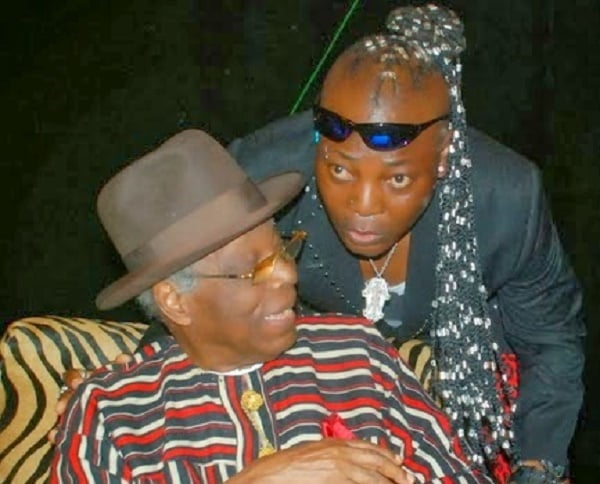Charles Oputa, a veteran singer known as Charly Boy, has narrated how he got his big break in the 1980s, adding that his father had opposed his music career.
The Afrobeat singer, 70, who spoke with NAN on the occasion of his birthday on Friday, said his journey towards the music scene started in 1982 after he took a trip to his village in Owerri.
Dubbed ‘Areafada’, the singer also explained how his ‘Charly Boy personality’ had been able to remain consistent and relevant for decades amid a huge misconception among his children, fans and industry viewers.
“My break came around 1982 when, as the then chief justice of Imo, my late father who was strongly opposed to my career choice as a musician, was appointed a supreme court judge,” he said.
“I left Owerri and went back to my village, Oguta, where I started the Charly Boy brand right there in the village. This was three years after completing the compulsory NYSC programme in 1979.
“My wife and I designed a brand that will remain youthful, a brand that is meant to shock conventional Nigerians out of their ways of thinking.
“The brand started way back in 1983 and since then it has been tenacious, consistent, and audacious in challenging what is wrong in our society.
“In the beginning, my children were getting a little bit confused because the father they know in the house is different from the father people are talking about outside.
“My children are my friends and we always talk and I was able to explain to them. With time, they were able to come to terms with the brand Charly Boy and their father, Charles Oputa.”
Charly Boy’s most popular album has remained ‘1990’, which was released in 1988, and bordered on a corrupt military government, which was expected to hand over power to civilians in that year.
In the late eighties, he had created a new ‘punk persona’, consisting of leather jackets and boots, power-bikes, mohawks, and a new direction in music, combining African pop and Afrobeat.
He’s known for his rings and piercings, as well as his preference for make-up, relaxed and braided hairstyles, and what many dubbed women’s clothes, which was controversial among conservatives.
Copyright 2024 TheCable. All rights reserved. This material, and other digital content on this website, may not be reproduced, published, broadcast, rewritten or redistributed in whole or in part without prior express written permission from TheCable.
Follow us on twitter @Thecablestyle


Thank you for sharing a useful article. The famous Charly Boy 1990 album I love it.
Will such things be continued in the years to come. That’s what I’ve been thinking about for a long time. Thank you for this useful information
that’s a great post, thanks for what you just shared.